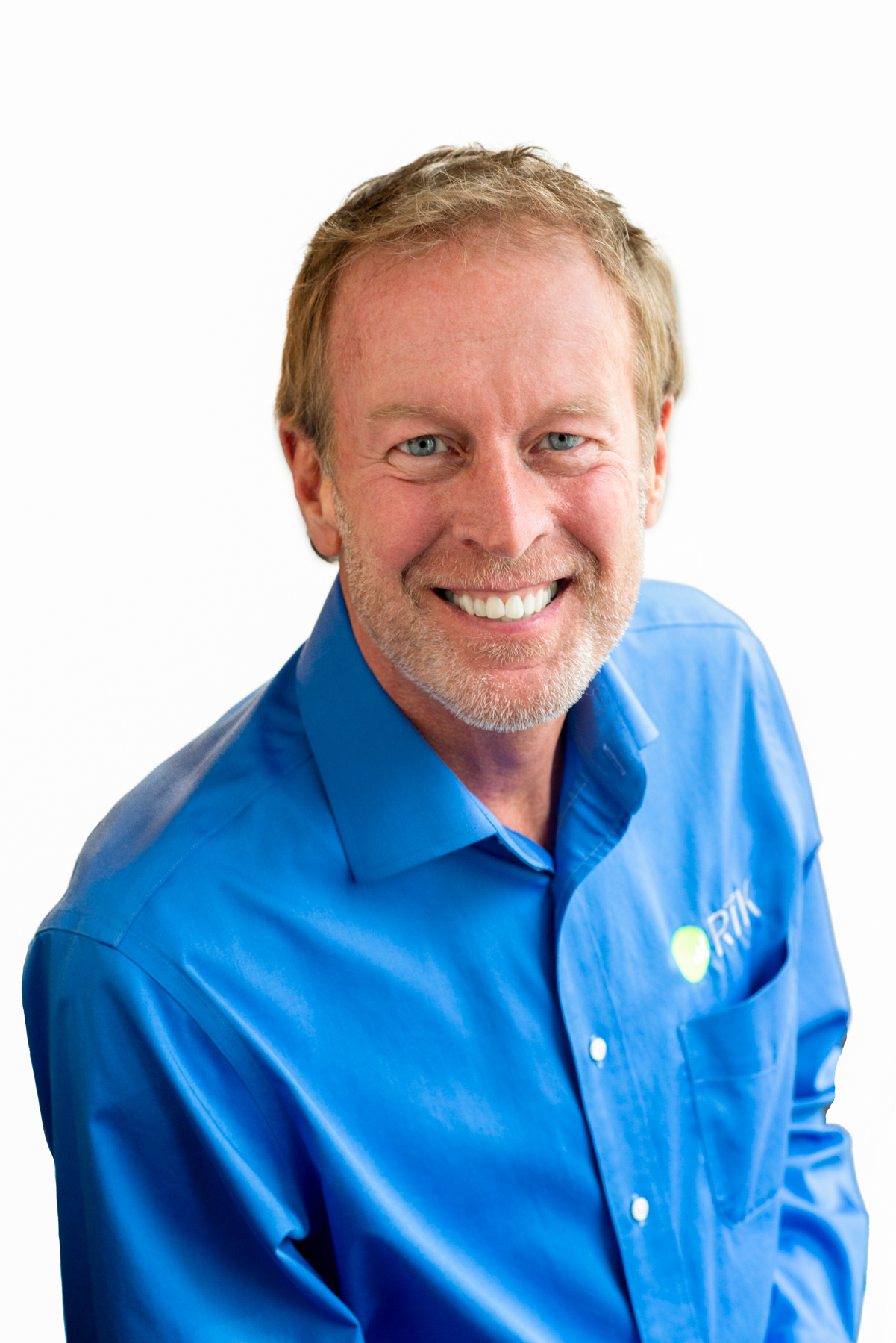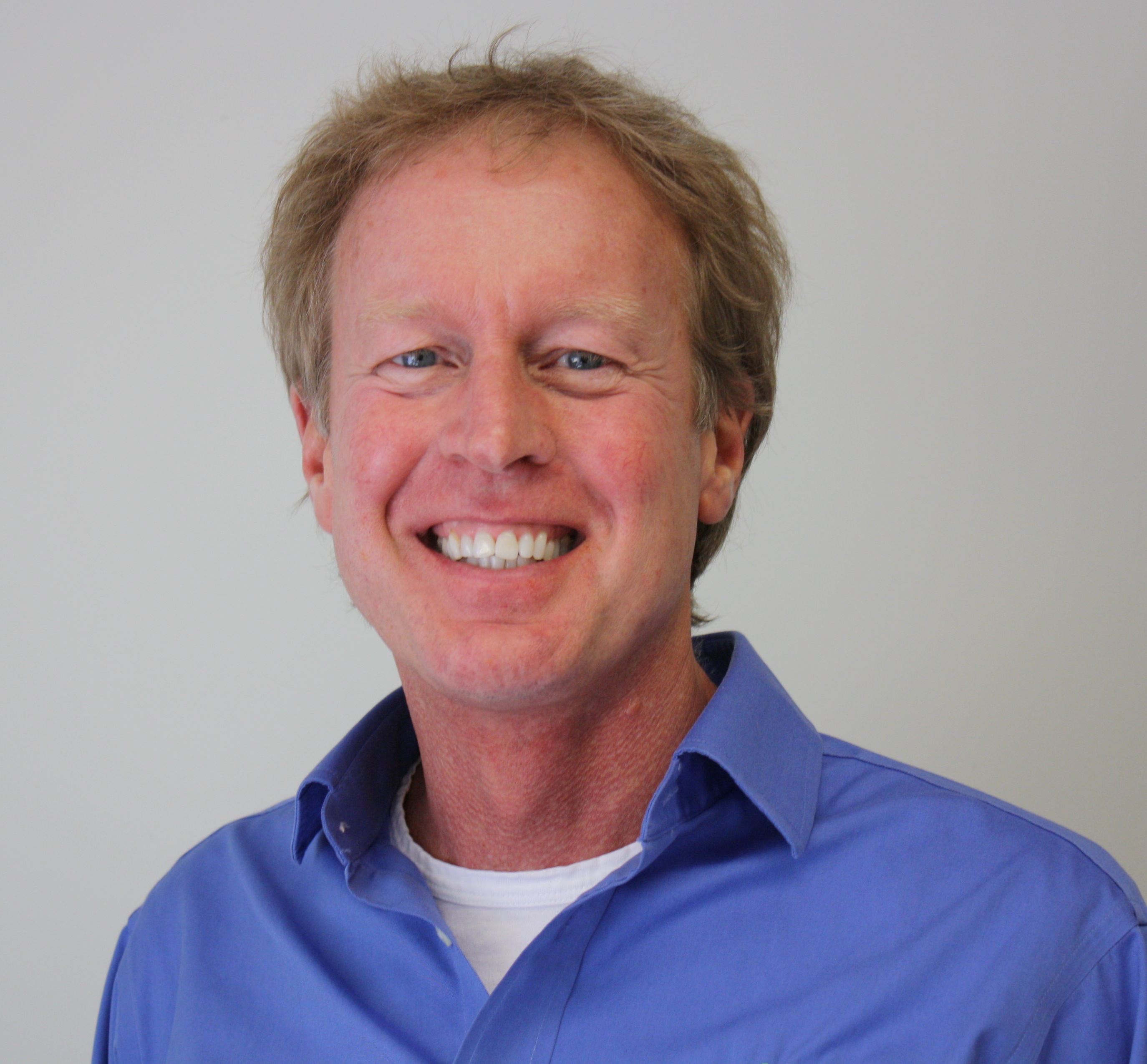Robert Weitz | Source | Principal & Founder at RTK Environmental Group

Robert Weitz
Robert Weitz is an environmental testing expert. He’s also a certified microbial investigator and principal at RTK Environmental Group, a leader in the field of testing and consulting in mold, lead, asbestos, VOCs, water, soil, radon, and indoor air quality. What sets him apart is his passion for working with his clients, with whom he shares his 30+ years of knowledge and expertise on a daily basis. Mr. Weitz helps homeowners and commercial property owners by assessing their environmental situations, identifying root causes, and explaining the best methods to address the issues. Many top medical centers, hospitals, schools, housing authorities, government institutions, and corporations have trusted Robert Weitz and RTK to provide environmental testing.
Before starting RTK Environmental Group, Mr. Weitz founded and operated a construction firm in Westport, CT, where for over a decade he focused on commercial and residential construction and remodeling. It was during that time, he likes to say, that he gained extensive knowledge of building systems. He mastered the art of knowing not only how structures are put together, but also how they can fall apart. He also began hearing more about the health hazards of lead and purchased one of the first X-Ray Fluorescence (XRF) instruments used to detect lead levels in soil, dust, and paint. After experiencing first-hand the importance of testing for lead before renovating a home, and seeing a lack of industry guidance on the topic, Mr. Weitz launched his own lead inspection company and founded the National Association of Lead Inspectors.
“The lead inspection industry was in its infancy stages, and our group helped shape practices that eventually became industry standards,” Mr. Weitz says of NALI, where he served as president for four years. “Our ideas steered the market in a direction that has been extremely beneficial to the general public in terms of how and when to safely test for lead.” At its peak, NALI boasted 300 members and held multiple conferences per year. Mr. Weitz was invited to participate in meetings at the U.S. Department of Housing and Urban Development, where he contributed to the establishment of high-quality, safe lead testing practices.
In 1995, Mr. Weitz expanded his services to include a wider range of environmental testing, under the newly formed RTK Environmental Group. RTK now operates offices throughout the Northeast including Connecticut, the metro New York area including Westchester, Rockland, Putnam, and Orange counties, Long Island and New York City, and New Jersey.
He has personally performed over 4,500 home environmental inspections and reviewed over 40,000 environmental testing reports.
More important than the number of inspections he has done is what he shares while performing them: knowledge. “The most important part of our inspection is education,” says Mr. Weitz. “We help our clients understand what we’re doing and why we’re doing it. Our inspectors are all highly trained, well-educated, and often have years of experience in construction and associated industries. And they are eager to share information—with consistency, accuracy, and professional courtesy.”
With tens of thousands of inspections under his belt, Mr. Weitz looks to reinvent his company every day. “After 25 years, I’m able to keep it fresh because of the clients whom we serve.” Mr. Weitz’s passion for his trade usually matches a homeowner’s passion for one of the most valuable assets to them—their home. “When I go into someone’s home, I care for the property as if it were my own, and so does my incredible team.”
Mr. Weitz personally trains and oversees a team of inspectors who perform an array of services for commercial, industrial and residential clients including lead, asbestos and indoor air quality including mold and bacteriological hazards testing. With an array of backgrounds—including college degrees in biology and environmental sciences—the inspectors each bring a unique set of experiences that enrich the company’s knowledge base and benefit all of RTK’s clients. “We learn from each other, and learn something new every day,” says Mr. Weitz. “That is critical for any business; you are either growing, or you are dying.”
Mr. Weitz has been featured in cover stories of several prominent publications including the New York Times, NBC’s The Today Show, Washington Post, Chicago Tribune, and the Stamford Advocate, serving as an expert source in the fields of mold, spore morphology, and of environmental testing. He is a Certified Microbial Investigator, board certified through the American Indoor Air Quality Association. He holds numerous lead testing and consulting designations in New York and Connecticut through the Environmental Protection Agency and the Connecticut Department of Health. His community work includes performing free environmental inspections for low-income residents. He is a graduate of Siena College and resides in Connecticut.
-
RTK Environmental Group (http://www.rtkenvironmental.com)
Principal & Founder
-
How to Waterproof Your Basement Before Mold, Mildew, or Water Damage Take Over
Learn basement waterproofing techniques to keep your house safe and clean or to help refinish a basement. Find out basement waterproofing techniques.
Article -
7 secretly toxic basement items experts warn 'cause asthma, allergies, and a host of other ailments' – plus what you need to do with them ASAP
There are worse things than spiders lurking in dark basement corners
Article -
10-Year Treasury Yield Drop Brings Relief and Risks to CRE
There’s good news, for sure, but many CRE pros are wary about uncertainty.
Article
-
Scented Candles: Hidden Indoor Air Pollutants
Robert warns that scented candles emit VOCs like formaldehyde and benzene, harming indoor air quality. "These irritants can trigger asthma, allergies, and even cancer." Limit burning time and choose soy-based candles to reduce risks. Avoid paraffin wax and synthetic fragrances for safer use. -
Combat Indoor Humidity: Expert Tips from RTK Environmental Group
Robert warns that high humidity fosters mold, mildew, and wood rot. He advises using dehumidifiers and air conditioners to maintain 30-50% humidity. Showers and cooking increase humidity; use exhaust fans or open windows. Basements are major contributors; keep levels below 50-60%. Set humidistats between 30-45% to prevent mold and bacteria spread. -
Vinegar: A Partial Solution for Mold Removal
Robert explains that vinegar can kill some mold types on small surfaces, being "80% effective." However, it may not eliminate all species or penetrate deeply into materials. Testing by an independent inspector is crucial. For use, vinegar should have 5% acidity, be sprayed directly, left for an hour, scrubbed, and dried. Address moisture sources to prevent regrowth.
-
For RTK Environmental Group, in White Plains, which inspects and tests homes for mold, these are busy days. While people cringe at visual evidence of the stuff, there are often situations where inspectors find the mold is hidden away.
“This time of year, we get a lot of calls from people who say, ‘You know, I have this smell in the basement but I don't see anything,’” said Robert Weitz, principal of RTK Environmental Group. "And that's usually an indication that they are getting water behind those finished walls and it just hasn’t worked it's way out."
This month's rainfall can cause more water to penetrate basements, creating conditions for mold. Humid air adds to it. Attics that lack ventilation, where the indoor temperature can soar past 100 degrees, are also favorite spots.
"Mold can grow pretty much anywhere. Once you get humidity levels above 80 percent, mold really loves that," Weitz said. - Journal News
-
Unfortunately, there’s a long list of circumstances that can cause a moisture problem.
“It commonly comes from plumbing leaks, ice dams, damaged roofs, gutters, downspouts, and groundwater seeping up through the foundation,” says Robert Weitz, founder of RTK Environmental Group, an environmental testing firm in the New York tristate area. - Realtor
-
“The first step when you find mold is to have it tested by an independent professional,” says Robert Weitz, a certified microbial investigator and founder of RTK Environmental Group, a mold testing company. He says an independent company will pinpoint the mold and give you a blueprint for remediation.
But Weitz advises against using the same company for testing and remediation because it’s a clear conflict of interest.
“If you hire a company that does both, oftentimes companies will offer mold testing on the cheap or even for free—with the intent to fudge the results and make money on the remediation,” Weitz says.
:max_bytes(150000):strip_icc()/FinishedBasement-29f446e0c15a4ddf9275d9f6d9ba0fdb.jpg)



